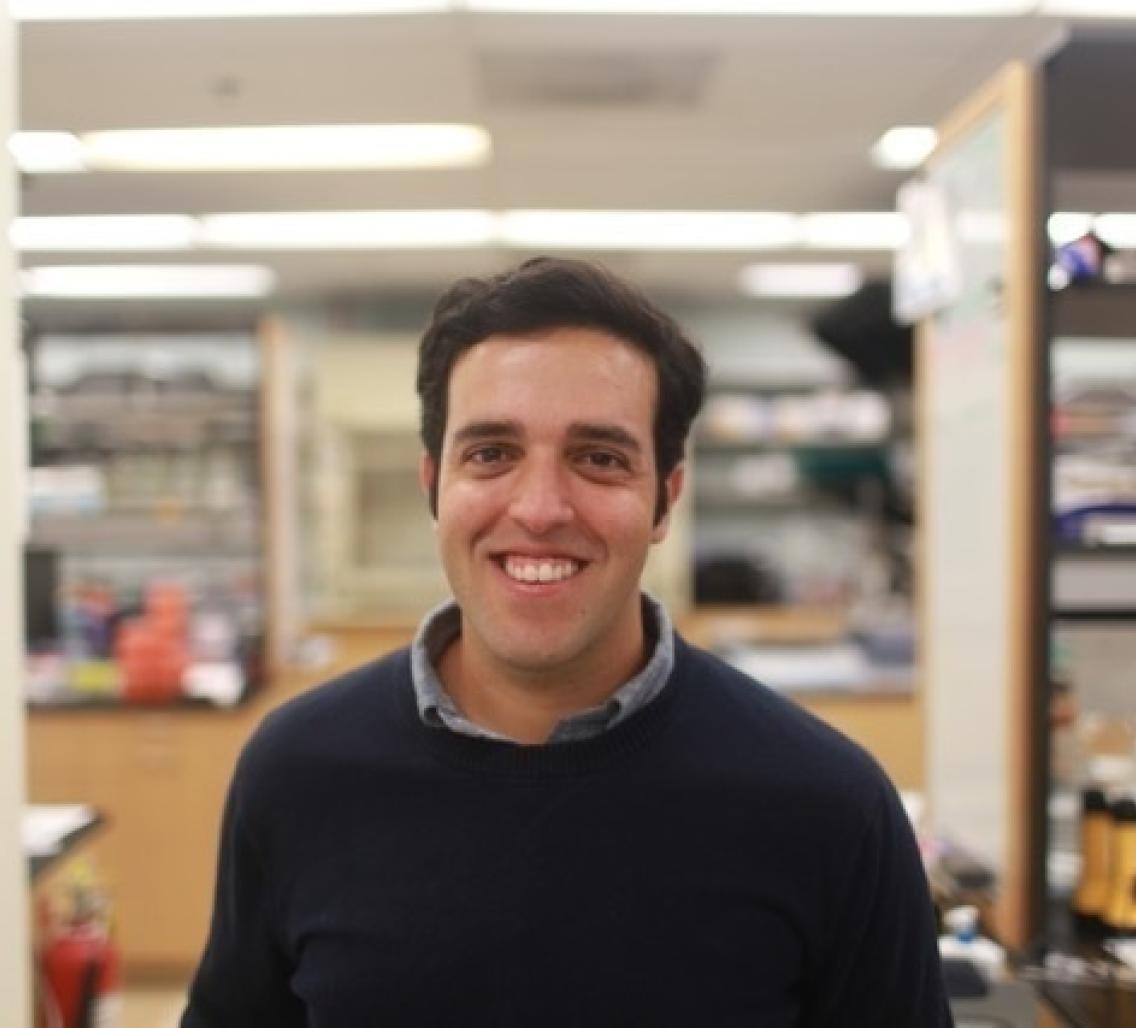Event Details:

Microglial Immunometabolism in Alzheimer's Disease
Abstract
Matheus Victor, Massachusetts Institute of Technology
In my research, I leverage cellular reprogramming technologies with single-cell genomic approaches from Alzheimer’s disease (AD) patient brains to recapitulate complex cellular interactions and dissect the impact of disease-associated genetic risk variants to AD pathogenesis. In my talk, I will highlight two distinct projects that underscore the importance of microglial lipid metabolism to AD pathobiology. Project 1. Resetting Microglial Pro-Inflammatory State by Restoring Lipid Homeostasis. Apolipoprotein E (APOE) is a polymorphic gene with three common alleles, ε2, ε3 and ε4. While APOE ε3 (APOE3) is the most common allele and deemed to be neutral with respect to disease, APOE ε4 (APOE4) is the greatest known genetic risk factor for developing late-onset AD. APOE4 expression in microglia is associated with pro-inflammatory states, but it remains unclear the underlying mechanism. As the major transporter of cholesterol in the brain, APOE mediates the efflux of intracellular cholesterol and other lipids from multiple neural cell types including microglia. By taking advantage of CRISPR-edited APOE3 and APOE4 isogenic iPSC lines, we identified a critical link between the metabolic profile of APOE4 microglia and its pro-inflammatory state. Project 2. Microglial Lipid Metabolism in the AD Brain at the Single-Cell Resolution. Through the advancement of single-cell technology, perturbations observed in AD pathology have begun to be elucidated in a cell-type dependent manner. Nevertheless, the transcriptional signatures of distinct cell populations that are less abundant in the brain, such as microglia, remain extremely shallow to allow us to parse out disease-associated cellular states. To overcome this hurdle, we have now generated transcriptomes from over 448 human AD patient brains with over 3 million nuclei profiled. Leveraging this data with in silico enrichment, we have assembled the transcriptomes of 152,459 microglia. Analysis of microglial proportions in controls and AD patients show a significant enrichment of a cluster enriched in lipid metabolism genes. In this study, we are leveraging single-cell data with functional assays in iPSCs to further dissect the genetic circuitry that governs microglial pro-inflammatory and lipid metabolism programs.
Hosted by - Monique Mendes & Jessy Etienne
About the BELONG Seminar Series
The BELONG seminar series features scientific talks from exceptional postdocs in the neurosciences who identify as Black, Indigenous, Latinx, and/or Person of Color. Sponsored by the Wu Tsai Neurosciences Institute Committee for Diversity, Inclusion, Belonging, Equity and Justice (DIBEJ).
Join the Wu Tsai Neuro mailing list to learn about all our upcoming events
In-person attendance is strongly encouraged, but if you are not able to join us in Gunn Rotunda, you may view the talk via Zoom:
https://stanford.zoom.us/j/97001817970?pwd=d3kwUlA0REErQ3hWakdodWtWenNRZz09 Password: 960189